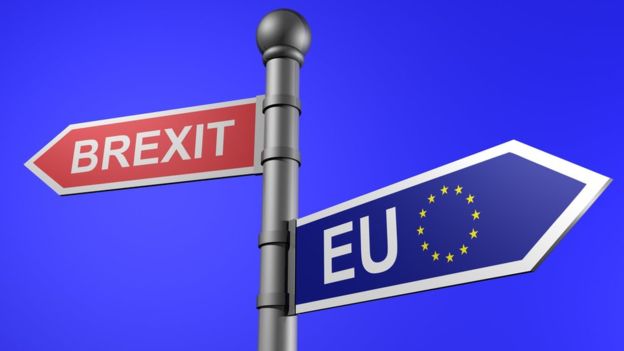×
The Standard e-Paper
Stay Informed, Even Offline

I have been following the debates and negotiations around Brexit avidly. No matter how all this turns out, it will have serious consequences across the world, at a time of profound global changes and anxieties. What has been most fascinating is watching British politicians manoeuvre, lie and grand-stand in the aftermath of the Brexit vote. There are many lessons to learn.